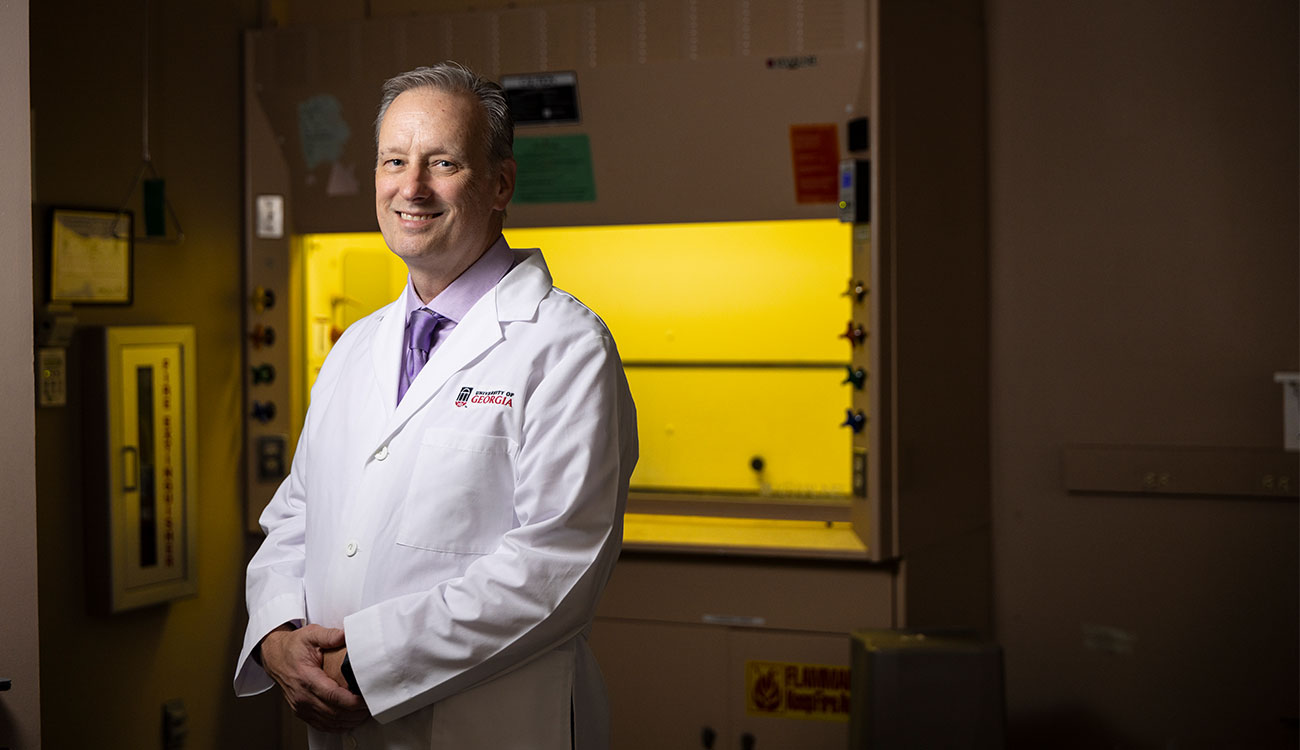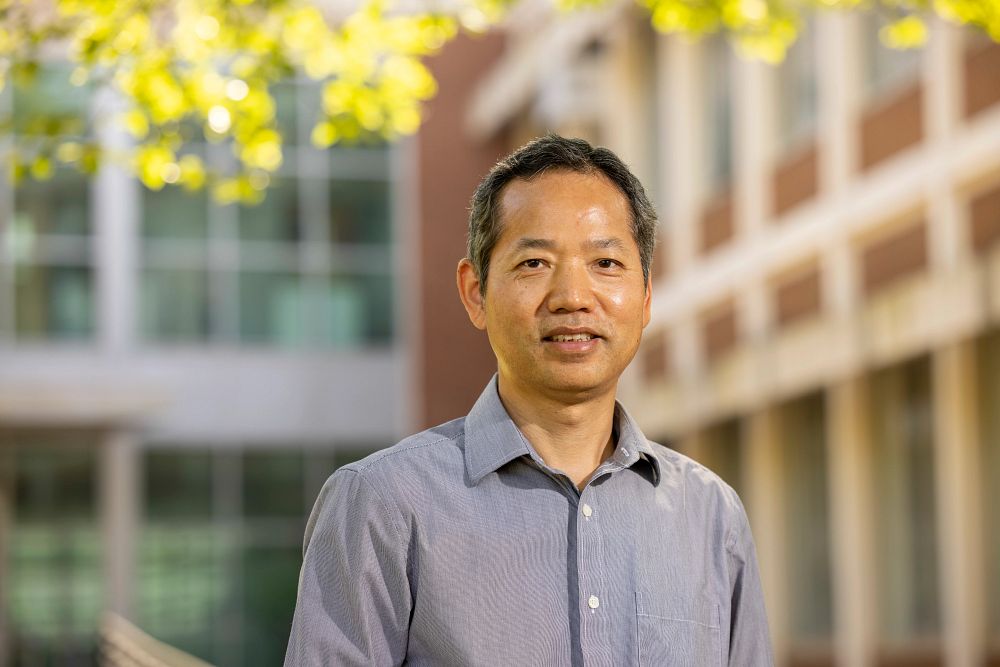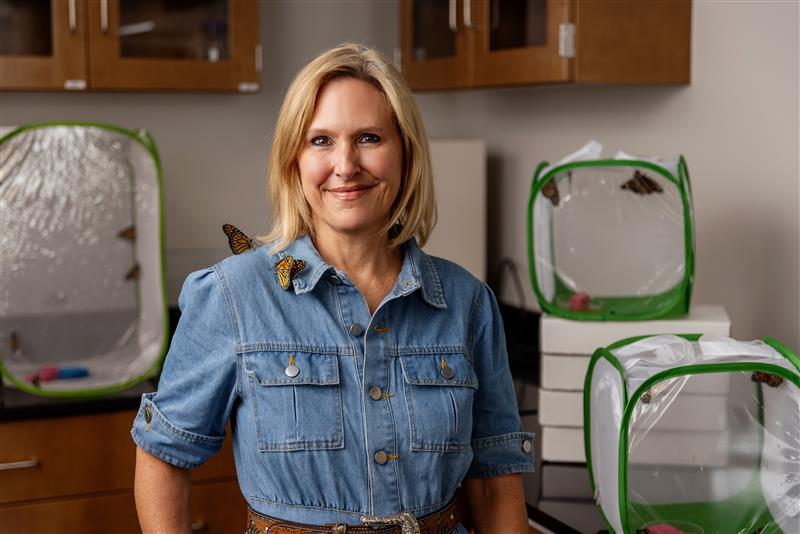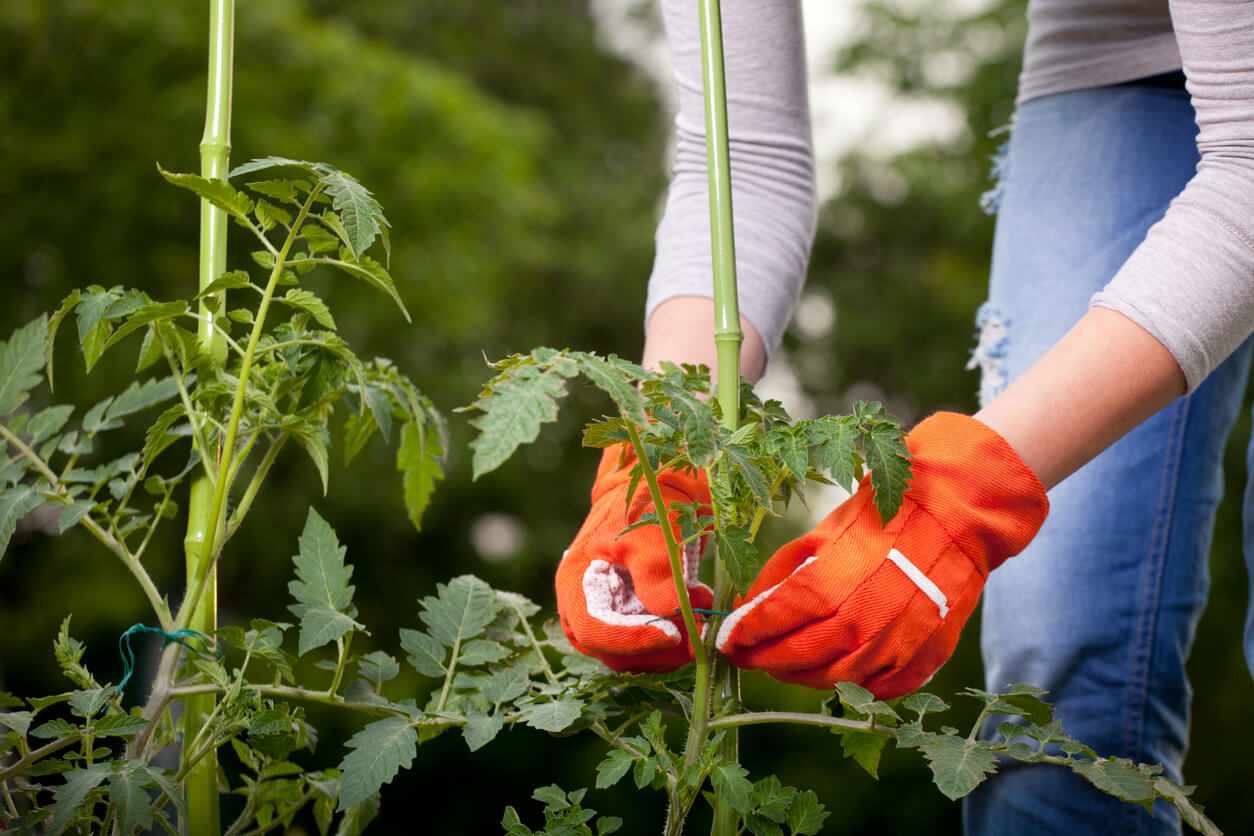Poultry plants already use Hazard Analysis and Critical Control Point plans to ensure the safety of their products. Now, they can use Statistical Process Control to make their HACCP plans even better.
A three-day University of Georgia course April 12-14 will show how processors can use SPC tools to make their food products safer and their profits higher.
The short course will be at the UGA Center for Continuing Education in Athens, Ga. A $595 fee covers all materials and supplies, refreshment breaks and three lunches.
To learn more about the course, or to sign up, contact the county Extension Service office. Or call Bill Hurst at (706) 542-2574. Or e-mail bhurst@flavor.fst.uga.edu .
Published on 03/08/00
UGA Sets SPC Course for Poultry Plants
Dan Rahn is a news editor with the University of Georgia College of Agricultural and Environmental Sciences.
Experts/Sources:
 CAES News
CAES News
Innovative neural stem cell therapy for stroke enters new trial phase
07/14/25
impact.uga.edu
The University of Georgia Regenerative Bioscience Center is researching how a novel stem cell therapy can rebuild the brain by enhancing the body’s self-repair system to treat a range of neurodegenerative disorders. “Our goal is to find solutions that can help people immediately. For stroke patients, with our cell therapy advancing through clinical trials, we're trying to make a difference sooner rather than later,” said Steven Stice, director and co-founder of the UGA Regenerative Bioscience Center.
 CAES News
CAES News
UGArden marks 15 years of growing food and community with gala
07/10/25 Emily Cabrera
cultivate.caes.uga.edu
Fifteen years ago, what is now a thriving, 10-acre teaching farm began as little more than a beat-up cattle run. Today, UGArden is not only a model of sustainable agriculture at the University of Georgia: It’s also a cherished community garden built by and for students, where they can learn to grow food organically, connect with the land and serve the broader Athens community.
 CAES News
CAES News
New compound may help the brain heal itself after injury
07/09/25 Charlene Betourney
news.uga.edu
Researchers from the University of Georgia found a new drug that may boost the brain’s ability to heal itself after injury. The discovery could lead to significant advances in treating traumatic brain injuries, or TBIs. There are currently no FDA-approved drugs that directly repair or prevent brain damage following TBI, a major gap in treatment. The compound, called CMX-2043, may help fill that void by increasing the enzymes that play a crucial role in mopping up harmful molecules after injury.
 CAES News
CAES News
UGA Libraries’ open access publishing opportunities expand to 7,000+ titles
07/08/25 Camie Williams
libs.uga.edu
University of Georgia faculty and graduate students have more than double the opportunities for open access publishing, thanks to new UGA Libraries read and publish agreements with Elsevier and Springer Nature, two of the largest academic journal publishers. The transformative agreements cover article processing charges with nearly 4,000 hybrid journals across the Elsevier and Springer Nature portfolios, adding to previous UGA Libraries agreements in place with Wiley and other publishers. This expands the list of open access publishing opportunities at UGA to more than 7,000 titles.
 CAES News
CAES News
Sonia Altizer brings interdisciplinary vision as new head of UGA entomology
07/07/25 Emily Cabrera
Renowned ecologist and science communicator Sonia Altizer has been named head of the University of Georgia Department of Entomology, bringing a collaborative vision and decades of research and public outreach experience to the role. A longtime UGA faculty member, Altizer is focused on honoring the department’s strong legacy while advancing innovation, interdisciplinary research and community engagement through Extension.
 CAES News
CAES News
Help your tomato plants stand tall: Staking and pruning homegrown tomato plants
07/03/25 Jordan Powers
cultivate.caes.uga.edu
Now that we’ve announced the winners of the tomato sandwich slicer showdown and your plants are taking off, it’s time to address our first tomato gardening issue: supporting unwieldy tomato plants through staking and pruning. For the best chance at productive plants with healthy fruit, University of Georgia Cooperative Extension consumer horticulturalist Bob Westerfield urges home gardeners to invest in providing plants a strong support structure all season long. “No other vegetable comes close to bearing as much produce in such a limited space,” Westerfield said.
